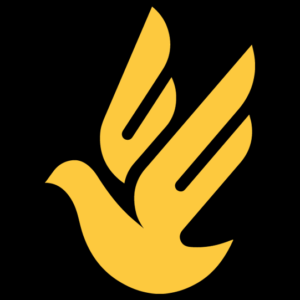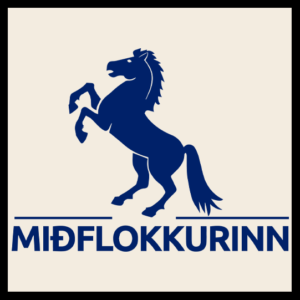Iceland is one of the countries that had a strong communist party in the years following the war. The Popular Unity Party – Socialist Party was formed in 1938 as an alliance between the Communist Party (formed in 1930) and a splinter group from the Social Democrats. Although the communists were the dominant force within this new group, they abandoned their membership in the Comintern already before World War II. In the first postwar elections, the Socialist Party was successful, reaching between 16 and 20 percent of the vote, and participated in the coalition government until 1949.
In 1956, the Socialist Party formed the People’s Alliance (AB) with another splinter group from the Social Democrats. The People’s Alliance remained a strong radical left alternative, reaching its peak with almost 25 percent of the vote in the late 1970s. It altogether participated in five coalition governments from the 1950s to the 1990s.
The Citizen’s Party was a short-lived right-wing populist party that entered parliament in 1987. The Civic Movement was another short-lived populist party founded in reaction to the financial crisis, which won representation in the 2009 election.
The People’s Party (FiF) is a populist and softly eurosceptic party that has been represented in parliament since 2016. It combines left-wing economic policy with conservative positions on cultural issues. The party was formed by Inga Saeland, who is disabled and has made her own disability the primary motivation for the party’s existence. It reached almost nine percent of the votes in 2021.
The Centre Party (M) was founded in 2017 as a splinter from the Progressive party. It is conservative, agrarian and populist. It is strongly eurosceptic, and advocates protectionism. It voted against liberalisation of the abortion laws in 2019. The Centre Party reached almost 11 percent in the 2017 elections but lost half of the voters in the 2021 election.
It should also be noted that The Progressive Party, one of Iceland’s oldest and most powerful parties, has been classified as populist by some analysts in recent times, although that classification is disputed.





